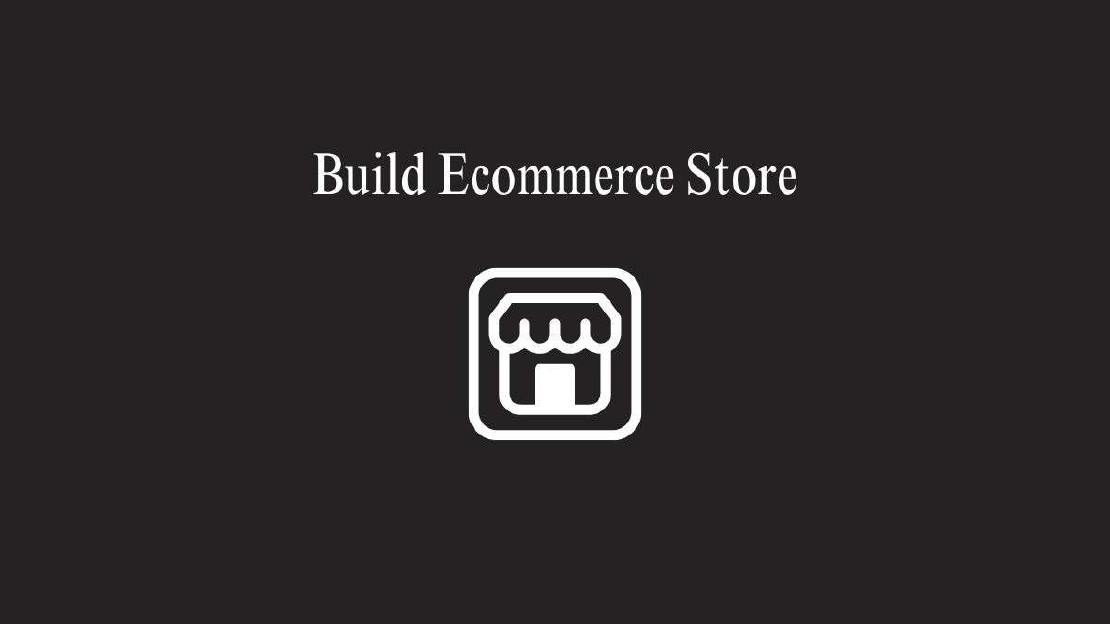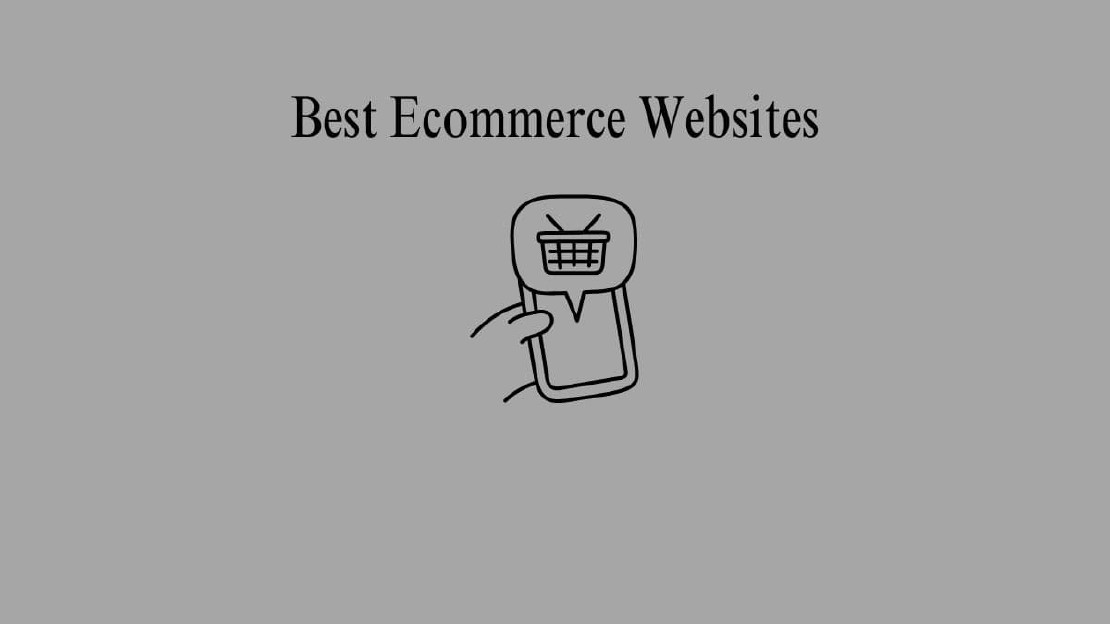Top 5 Ecommerce Websites
In the ever-evolving landscape of online commerce, choosing the right e-commerce platform to build your site is a critical decision. With numerous options available, each offering unique features and functionalities, navigating the selection process can be daunting. Whether you’re an aspiring entrepreneur starting your first online store or a seasoned business owner looking to expand your digital presence, producing the best ecommerce website is key to your success.
3 Ingredients to Launch an Successful Online Store:
- Define Your Business Goals: What are your primary objectives to launch an ecommerce store? Are you looking to increase sales, expand your reach, or streamline your operations? Clearly outlining your business goals will guide your platform selection process and enable you to prioritize features that are essential to your success.
- Know Your Audience: Understanding your target audience is paramount in creating a seamless shopping experience.
- Evaluate Your Product Range: Whether you’re selling physical goods, digital products, or services, the nature of your offerings will influence your platform requirements.
Best E-commerce Platforms
This post will point out the best e-commerce platforms available today, highlighting their key features, pricing structures, ease of use, scalability, and more. By the end, you’ll have a clear understanding of which platform aligns best with your business goals and requirements.
Before diving into the array of e-commerce platforms, it’s essential to assess your specific needs and objectives. Understanding your business model, target audience, product offerings, and long-term aspirations will help narrow down your options and ensure you choose a platform that can support your growth.
1. Shopify
Shopify is a leading e-commerce platform that empowers businesses to create and manage online stores with ease. Known for its user-friendly interface and extensive features, it offers flexibility in design, powerful tools for managing inventory, and seamless integration with various payment gateways. Businesses looking to sell on Shopify benefit from its scalability, built-in marketing tools, and reliable customer support.
2. WooCommerce
As a powerful e-commerce plugin for WordPress, WooCommerce seamlessly integrates with existing sites, making it an ideal choice for businesses seeking flexibility and customization. It offers full control over design and functionality, scalability for growth, and access to a vast library of plugins and the WordPress community for support.
3. BigCommerce
Designed for scalability and growth, this robust e-commerce platform offers businesses the tools to build compelling online stores. It features a scalable infrastructure, built-in marketing tools, seamless payment integration, responsive themes for mobile optimization, and advanced analytics. BigCommerce empowers businesses to thrive in a competitive online market.
4. Magento
Renowned for its flexibility and customization, Magento is an open-source e-commerce platform designed for enterprise-level businesses. It supports large product catalogs, offers multi-store management, advanced SEO tools, and provides scalability for growing needs. With a robust architecture and extensive community resources, Magento is ideal for businesses seeking tailored solutions.
5. Squarespace
A popular option for entrepreneurs and small businesses, this platform enables the creation of stunning, visually appealing websites. Primarily known for its intuitive website builder, it also offers robust e-commerce functionality, featuring customizable templates, integrated blogging for content marketing, social media integration, built-in analytics, and secure, reliable hosting. Squarespace combines design flexibility with powerful tools to support online growth.
Factors to Consider
With a myriad of e-commerce platforms available, it’s essential to consider various factors beyond features and pricing. Understanding these key considerations will help you make an informed decision and choose a platform that aligns with your business objectives.
Pricing and Cost
While evaluating online commerce platforms, consider not only the initial setup costs but also ongoing expenses such as transaction fees, hosting fees, and add-on functionalities. Choose a platform that offers transparent pricing and aligns with your budgetary constraints.
Ease of Use
The ease of use of an online store can significantly impact your day-to-day operations. Consider factors such as user interface, customization options, and available support resources when assessing platform usability.
Scalability and Growth Potential
As your business expands, your platform should be able to scale seamlessly to accommodate increased traffic, sales volume, and product offerings. Look for platforms that offer scalability and flexibility to support your long-term growth objectives.
Security and Compliance
Security is paramount in electronic commerce, especially when handling sensitive customer information and processing online payments. Choose a platform that prioritizes security measures such as SSL encryption, PCI compliance, and regular security updates.
Customer Support and Resources
Reliable customer support and resources are invaluable when running an online store. Ensure that your chosen digital store offers responsive customer support channels, comprehensive documentation, and a vibrant user community to assist you in times of need.
Conduct a Comparative Analysis
Create a side-by-side comparison of the online retail platforms you’re considering, highlighting their key features, pricing structures, and suitability for your business requirements. This approach allows you to make an informed decision based on concrete data.
Utilize Free Trials and Demos
Take advantage of free trials and demos offered by online retail platforms to explore their functionality firsthand and assess their ease of use and suitability for your business. Testing the platform in a real-world scenario helps you gauge how well it aligns with your operational needs.
Seek Feedback and Recommendations
Reach out to fellow entrepreneurs, industry peers, and online communities for feedback and recommendations based on their experiences with different online retail platforms. Personal insights and firsthand accounts can provide valuable context that goes beyond technical specifications.
Implement E-commerce Marketing Strategies
Once your store is set up, it’s crucial to implement eCommerce marketing strategies. Techniques such as SEO, social media marketing, and email campaigns are vital. They help increase visibility and drive traffic to your site. Consistent analysis and optimization of these strategies ensure continued growth and success.
Selecting the best e-commerce platform to build your site is a pivotal decision that can significantly impact your online success. By understanding your business needs, exploring the top e-commerce platforms available, considering key factors, and making a well-informed decision, you can set the foundation for a thriving online store.
Summary
Whether you opt for the simplicity of Shopify, the flexibility of WooCommerce, the scalability of BigCommerce, the customization of Magento, or the aesthetics of Squarespace, remember that the perfect platform is one that empowers you to realize your e-commerce aspirations and grow your business in the digital age.
Recent Posts

- Ecommerce
Start an Ecommerce Store
In the rapidly evolving landscape of e-commerce, launching an online store has become a cornerstone of entrepreneurial endeavors. This comprehensive guide …

- Work From Home
Amazons Mechanical Turk Monetization Tips
Looking for flexible online income? These Amazons Mechanical Turk monetization tips will help you turn small tasks into real earnings. If traditional remote …

- Work From Home
Fulfillment by Amazon Complete Guide
Launching and scaling an online store can feel overwhelming. Managing inventory, shipping products, handling returns—each task demands significant time and …
